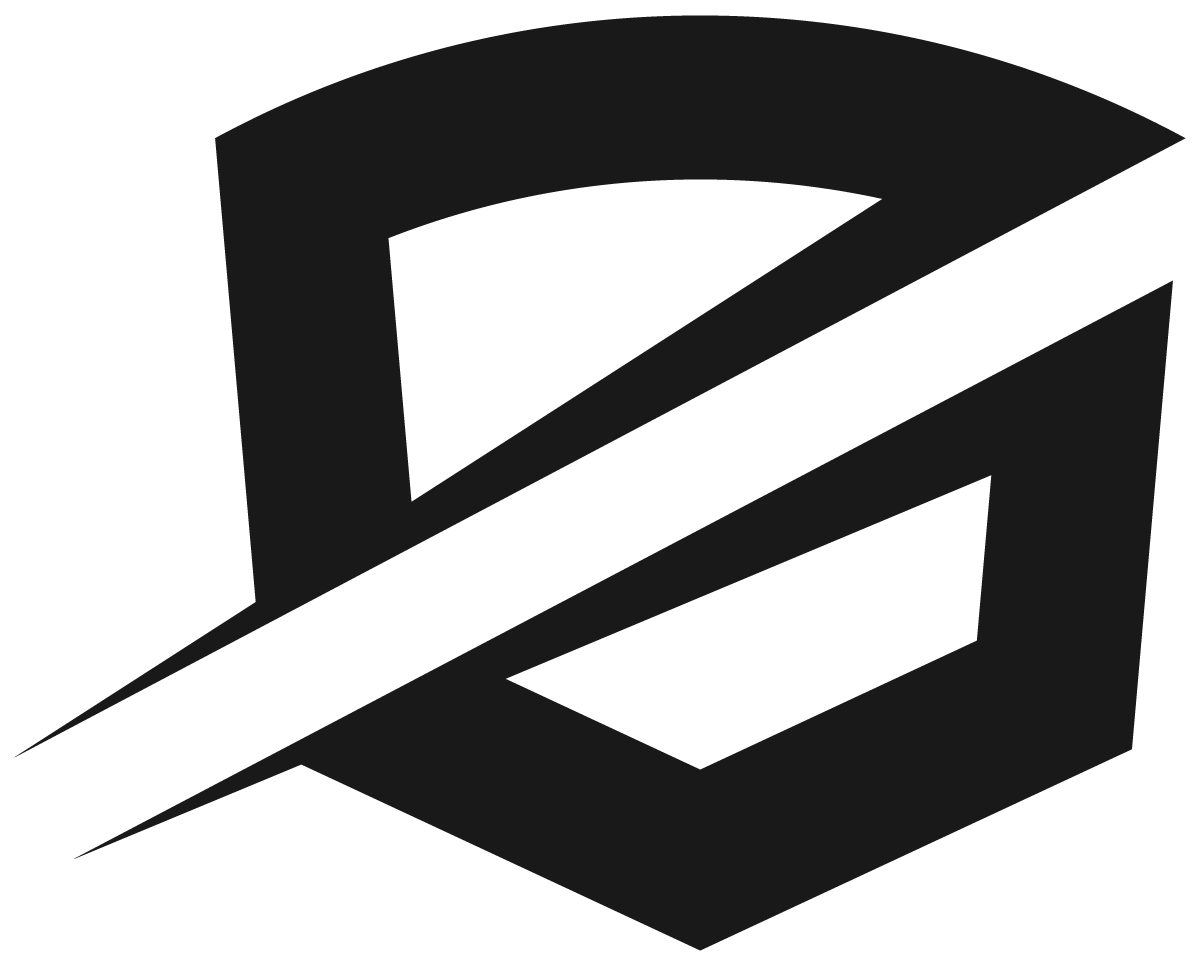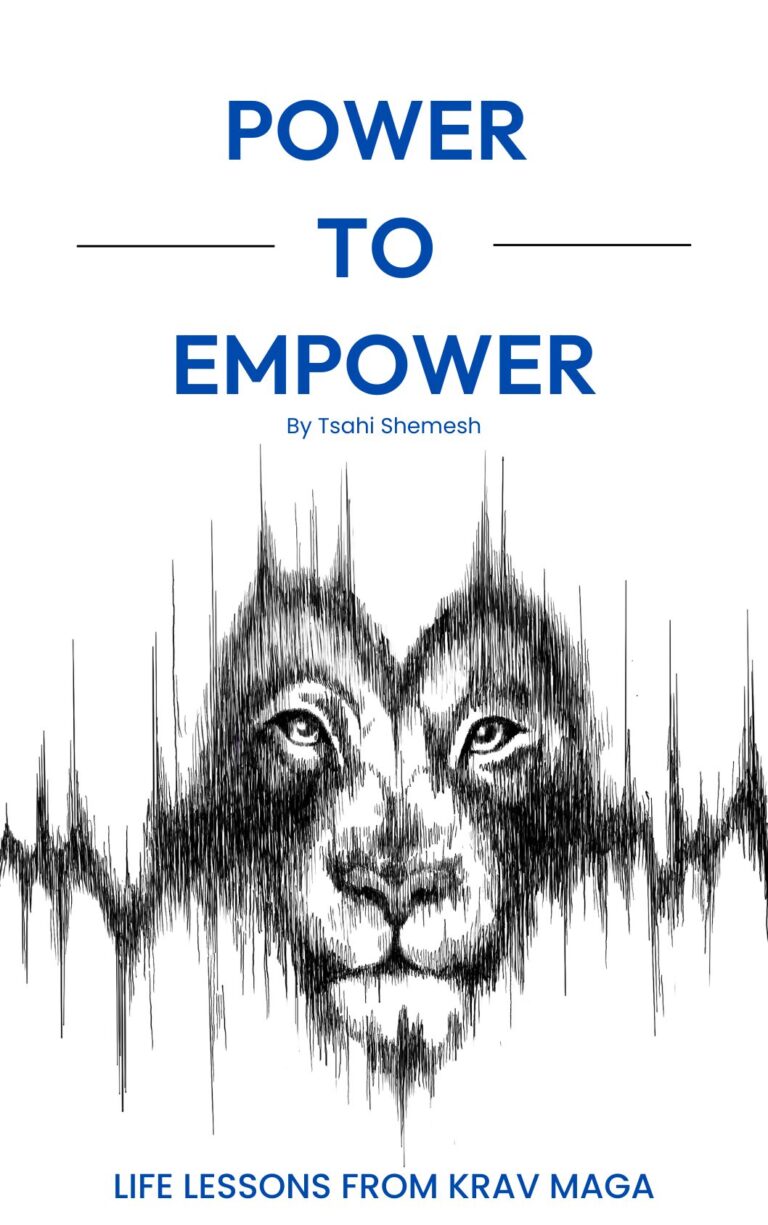BEYOND PREEMPTIVE DEFENSE: MENDING THE PAST WITH KRAV MAGA
Beyond Defense: How Krav Maga Helps Heal the Past and Strengthen the Future
Every year at the end of summer, just before another school year begins, many parents contact our gym, eager to enroll their children in “a few self-defense lessons.” This is particularly popular among parents of young girls heading off to college.
I wholeheartedly agree with the necessity of this training. The statistics are alarming—almost one in four female undergraduates have experienced sexual assault or misconduct at major universities (and those are only the reported numbers). The risk seems to be especially high during the first few months of college. That is when incidents spike, underscoring the critical need for awareness, preventive measures, and physical skills to defend oneself.
Last week, I spoke with a parent who wanted to enroll her daughter in our program for reasons similar to many others. As our conversation deepened, I gained insight into the parent’s real concerns and emotions. This interaction reminded me of past discussions with mothers who initially called, concerned about their daughters’ safety, but often concluded with revelations and unexpected outcomes of their own.
It’s striking how many mothers, concerned for their children’s safety and eager to equip them with skills to prevent assaults, often overlook their own worthiness of defense. Many recount past assaults and ongoing fears, yet hesitate to empower themselves with the same tools they seek for their children. I frequently find myself reminding these parents that it’s possible to transform these feelings of fear into empowerment.
This transformation is clearly seen in Krav Maga. Many individuals begin their training to prevent future assaults but soon learn that the process, in fact, helps with mending past traumas and fostering personal growth. The training mat, initially a place to learn combat techniques, becomes a space for deep, often unexpected healing. In today’s article, I share how Krav Maga facilitates this transformative journey, offering more than self-defense but a path to reclaiming personal power.
The Physical Dialogue with Trauma
Trauma, whether stemming from an isolated incident or endured experiences over time, significantly impacts our mental and physical health. Self-defense training, like Krav Maga, plays a crucial role in mitigating the impacts of trauma by promoting expansive movements and cultivating a supportive environment. This approach not only enhances physical skills but also empowers individuals, helping them reclaim a sense of autonomy and control over their lives.
Krav Maga reconnects individuals with their bodies, offering a structured outlet for expressing and managing emotions, thereby aiding recovery. It emphasizes restoring balance and mastery over one’s body, counteracting the disruption caused by trauma, and building both physical and mental resilience.
Beyond physical skills of defense, Krav Maga facilitates a deep connection with one’s body, bypassing the limitations often encountered in verbal therapy. This physical engagement allows practitioners to directly challenge their trauma, reclaiming control over their bodies and, by extension, their lives.
Engaging in Krav Maga empowers individuals, helping them rediscover their strength and resilience—qualities that trauma can obscure. Reconnecting with the physical self is a critical first step in the healing process, reestablishing a foundation of self-awareness and personal power.
Mastery and Resilience
Practicing physical skills that normally would be outside your comfort zone exposes you to being comfortable with discomfort. This practice instills resilience through the body’s conditioning and the strengthening of the mind. Each class challenges emotional and physical boundaries, teaching not only techniques but lessons in perseverance. As you overcome these challenges, there’s a profound build-up of internal strength—a resilience that translates into other areas of life. This journey of mastery, of continually overcoming one’s limits, mirrors the therapeutic process of facing and conquering one’s fears and traumas.
At its core, what we teach is about personal empowerment. Learning to defend oneself inherently builds confidence and self agency. But more than just physical safety, emotional and psychological safety develops. Students often describe a newfound sense of autonomy and empowerment as they progress in their training. Being able to stand your ground, both literally and metaphorically, reshapes how you see yourself and how you interact with the world.
Learning hand-to-hand combat, such as Krav Maga, inherently involves human contact in different degrees of intensity. That practice demands a deep trust between practitioners and instructors. This trust is important and must be freely given, even to strangers. Ground rules are crucial to maintain this: we are here to help each other learn, not to cause harm or take advantage of the access to other bodies. Such principles help build a community and supportive space that is vital for healing. The sense of community not only reduces feelings of isolation but also provides a network of accountability and encouragement, making every participant both a student, and a teacher, and a supporter.
The role of the Instructors are pivotal in this transformative journey. They do more than teach techniques; they guide, challenge, and support their students through their personal battles. The respect and trust that develop between student and instructor enhance the healing process, providing a safe space for students to explore their limits and capabilities.
Under high pressure, practitioners must remain acutely aware of their bodies, movements, and surroundings. This requirement to focus intensely on the present moment is a form of mindfulness that helps in managing stress and anxiety. For those haunted by traumatic memories, the immediate and demanding nature of how we practice Krav Maga anchors them in the now, providing a break from the past, and a different ending to a story that is yet to be written!
Everyone Can, Everyone Should.
In my view, Krav Maga is suitable for everyone. Why? Because we are all facing our own battles, whether external or internal. We often hope our loved ones can defend themselves yet sometimes forget that we, too, deserve the same safety and autonomy we wish for them. The benefits of training extend to all who are dedicated and willing to engage in a process that might reveal vulnerabilities while uncovering strengths.
Do something amazing,
Tsahi Shemesh
Founder & CEO
Krav Maga Experts

